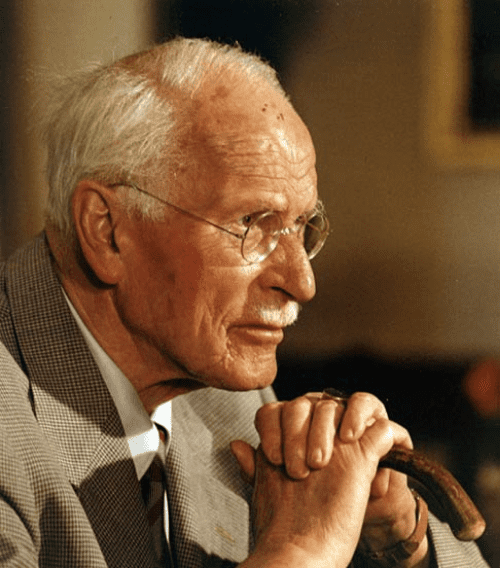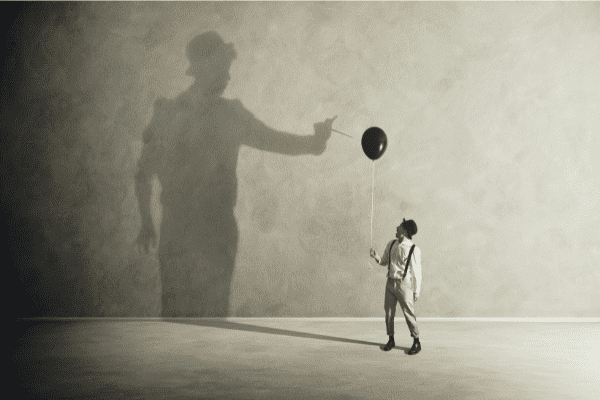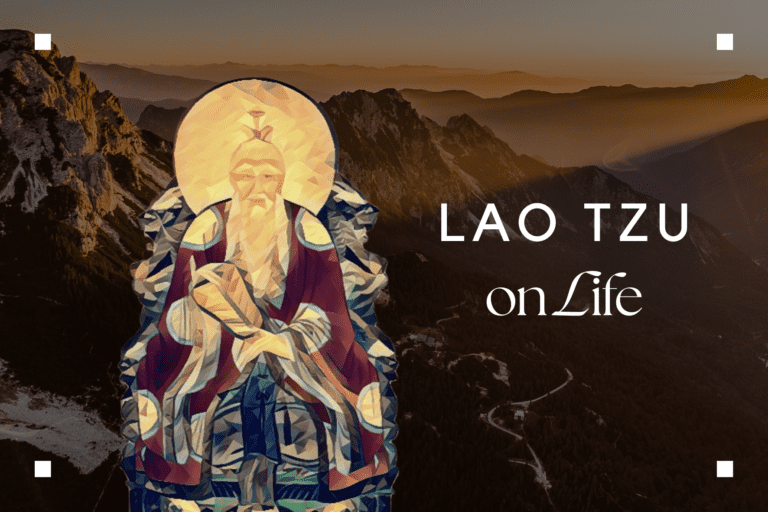Carl Jung declares : "I would rather be whole than good!"
What may appear to be simply provocative at the outset is, on closer inspection, a well-considered statement and is in itself the concentrate of Carl Gustav Jung's convictions. But why is this so and what exactly is meant by this statement that shakes the value framework of our society?
Jung (1875 - 1961) is still considered one of the great psychologists and philosophers and is considered the founder of analytical psychology.
"I'd rather be whole than good!"
- Carl Jung
The quote refers to Jung's belief that there are things in our psyche that are suppressed or rejected and that it is precisely these things that need to be acknowledged and integrated. This leads to a "whole" self, which is preferable to simply being good.
These negative things are called "shadows" because they are outside of our perception of ourselves and are usually characteristics that we judge as negative.
This assessment is mostly conditioned by society.
Simplified (and in many places fortunately outdated) examples of this can be:
- Boys must not cry
- Girls may not be interested in technology
- You must not feel aggression
- Saying "no" is rude
- etc.
Instead of accepting these parts of ourselves, they are suppressed, rejected or ignored accordingly.
According to Carl Jung, however, this is problematic and, on closer examination, the source of all evil in the world. This may sound exaggerated at first, but it is carefully explained. In a nutshell, the problem is that our shadow aspects form an integral part of our self and begin to rebel. This manifests itself, for example, in moments when we act contrary to our typical beliefs or characteristics and manipulate ourselves.
This can happen in an almost infinite number of ways. It may take the form of yelling at our partner after we've been bottling things up for some time because we didn't allow ourselves to express our anger earlier or we
We must therefore stop avoiding or even denying fixed components of our self. As soon as we manage to admit that we also have darker sides, we get the opportunity to integrate them.

This is often in conflict with the aforementioned societal expectations or personal repressive mechanisms we have formed through personal experience, but is important in gaining control over these aspects of ourselves and preventing unruly outbursts that could be dangerous to us and also to those around us.
Through the complete integration sought, which is a crucial part of the process of becoming whole, which Jung called individuation.
Therefore applies:
Jung's statement that he would rather be whole instead of good and thus experience the totality of his self is logical and consistent. In Jung's theory, there is no human being who could be completely good, because otherwise certain aspects of the self would simply not be recognized.
If you are interested in Jung's views you can find here articles by Lukas about other quotes by Carl Jung:
- "I am not what happened to me, I am what I choose to become."
- "Depression is like a woman in black. When she shows up, don't shoo her away. Invite her in, offer her a seat, treat her like a guest, and listen to what she has to say."
Did you like this article? You can let us inform you about new articles:







